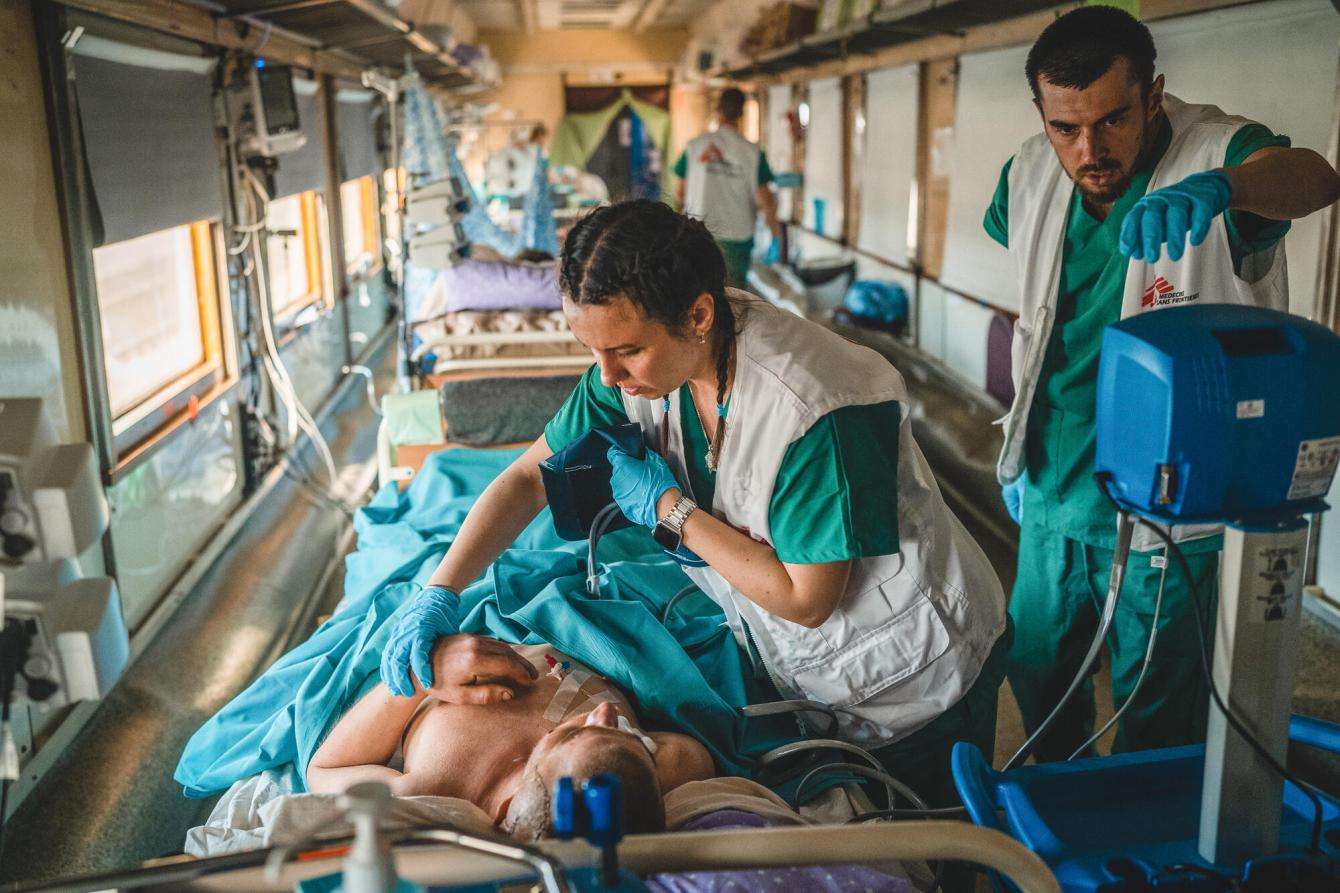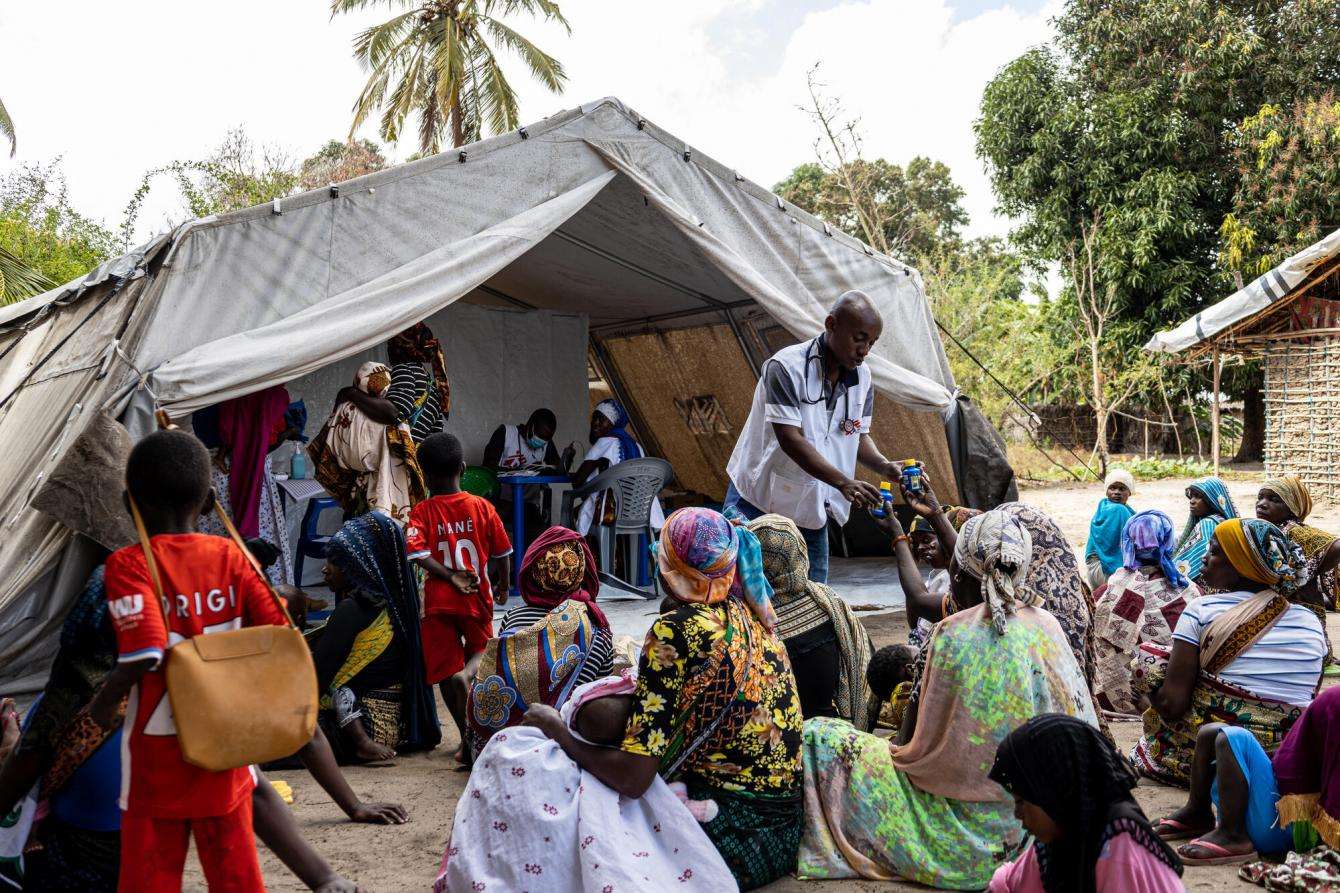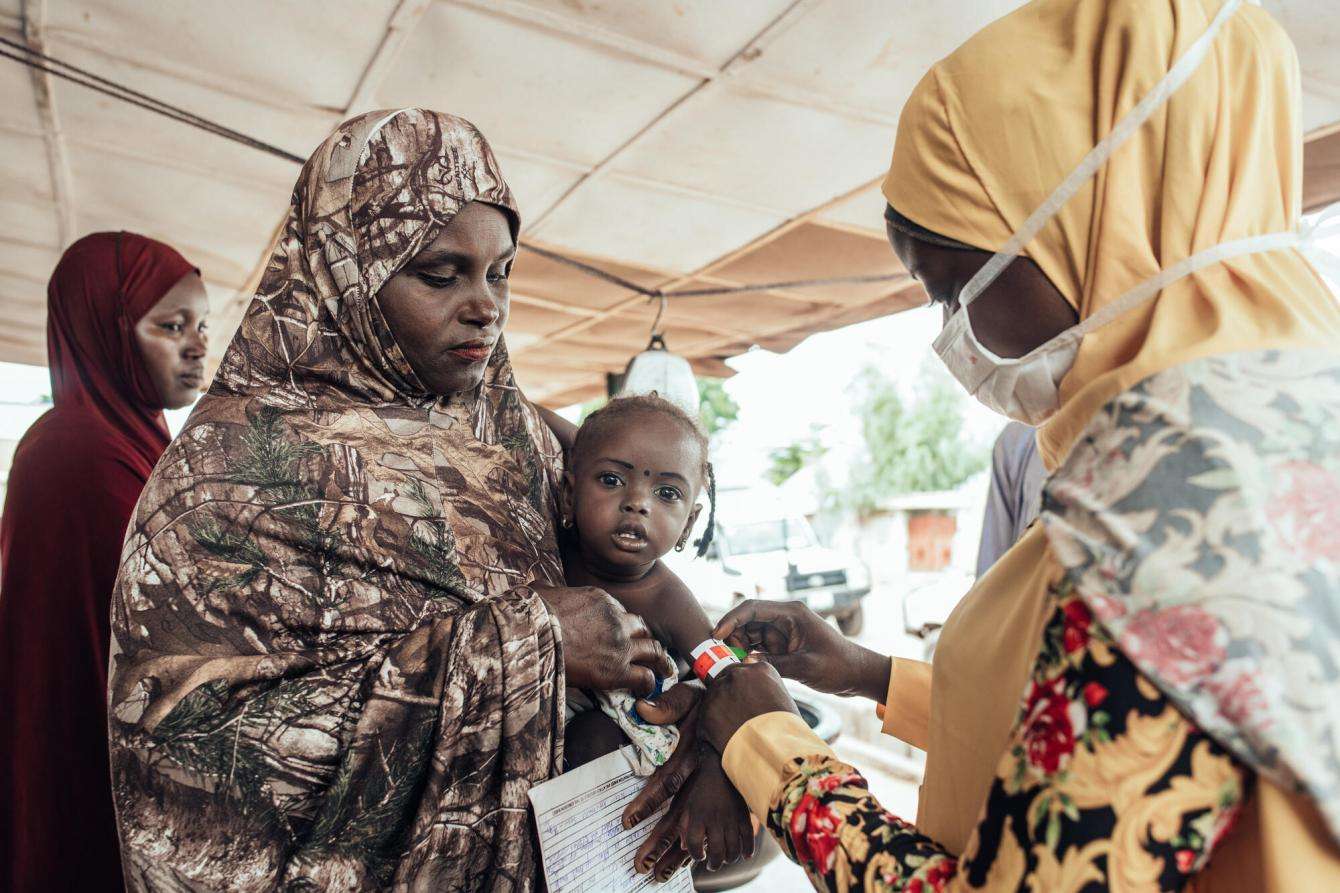365 Days of Saving Lives
How support from our donor community made a global impact in 2022.
90% of our funding comes from individual donors. Learn how you can support MSF’s lifesaving care with a gift.
How support from our donor community made a global impact in 2022.
In 2022, multiple crises demanded action, and Doctors Without Borders/Médecins Sans Frontières (MSF) teams were there, responding with lifesaving emergency aid.
Around the world, MSF staff are assisting birthing mothers, evacuating war-wounded patients in conflict zones, providing treatment to malnourished children, and more. Our efforts never stop, so we’d like to take a moment to review the incredible work that was made possible this past year thanks to our community’s generosity.
In order to relieve overburdened hospitals near the front lines of the conflict in Ukraine, MSF transformed two trains into mobile medical facilities. Onboard, medical staff have transported more than 2,000 patients to safety. In late September, MSF teams medically evacuated an additional 200 patients with psychiatric and neurological conditions.
Since the war in Ukraine began in February 2022, MSF has delivered more than 800 metric tons of medical and relief supplies to health facilities, local hospitals, and displaced communities. We have 713 staff members providing medical care, mental health services, and support through partnerships with local organizations.

When a 5.9 magnitude earthquake struck the provinces of Khost and Paktika in eastern Afghanistan, we mobilized MSF teams with an emergency response that lasted five weeks, while also continuing our existing work in the country. The earthquake injured thousands of people and devastated homes.
The earthquake heightened an already unstable situation in Afghanistan: economic crisis, drought, and the remaining scars of years of conflict were already taking a toll on people. This past year, our teams witnessed an alarming rise in both malnutrition and measles among children. In response, we scaled up our treatment and screening campaigns.
In northern Mozambique’s Cabo Delgado province, escalated violence drove out more than 80,000 people from their homes in just a matter of weeks earlier this year.1 Ongoing violent conflict between government forces and non-state armed groups has displaced nearly one million people since 2017.
In only two months, MSF teams distributed over 2,000 relief kits to displaced families throughout the region. Staff continue to provide medical assistance in areas with established MSF projects.
MSF staff have also responded to the mounting mental health needs of displaced people in Cabo Delgado. Living through such a prolonged conflict—with little to no prospect of a stable future—has profound mental health consequences.

In Somalia and Somaliland, a historic drought has compounded multiple health crises including malnutrition, measles outbreaks, ongoing insecurity due to conflict, and an invasion of locusts. Hundreds of thousands of people in search of assistance have been displaced as a result.
MSF teams are responding to widespread malnutrition and a massive measles outbreak. In July, support from our donors allowed us to conduct a mass vaccination campaign in partnership with Somaliland’s Ministry of Health Development. In a single month, MSF staff reached over 100,000 children.

Violent attacks in northern Nigeria forced people to flee their homes and farms, pushing an already food-insecure region into crisis. In June, MSF teams screened over 35,000 children for malnutrition, and about one in four required urgent medical care.
Since January, MSF staff have treated close to 100,000 children with acute malnutrition in collaboration with Nigerian health authorities. In Zamfara state—one of the areas most impacted by violence—our teams witnessed a 64 percent increase in severely malnourished children treated in outpatient nutritional facilities.
In 2022, MSF has scaled up its activities in the region to meet the intense need for malnutrition treatment—made possible by the support of our steadfast donor community.
Some humanitarian crises make the headlines—others don’t. Unrestricted support from our donors allows us to mobilize quickly and efficiently to provide lifesaving medical care to the people who need it most, whether those needs are in the spotlight or not. And your donation is 100 percent tax-deductible.
© Médecins Sans Frontières 2024 Federal tax ID#: 13-3433452
Unrestricted donations enable MSF to carry out our programs around the world. If we cannot honor a specific request, we will reallocate your donation to where the needs are greatest.
For Donors
For Supporters
For Media
For Recruits
General Interest
© Médecins Sans Frontières 2024 Federal tax ID#: 13-3433452
Unrestricted donations enable MSF to carry out our programs around the world. If we cannot honor a specific request, we will reallocate your donation to where the needs are greatest.
Your gift helps us provide medical humanitarian aid for hundreds of thousands of people each year.
Learn more87%
Programs
12%
Fundraising
1%
Management & General Admin

We need your support to continue this lifesaving work.